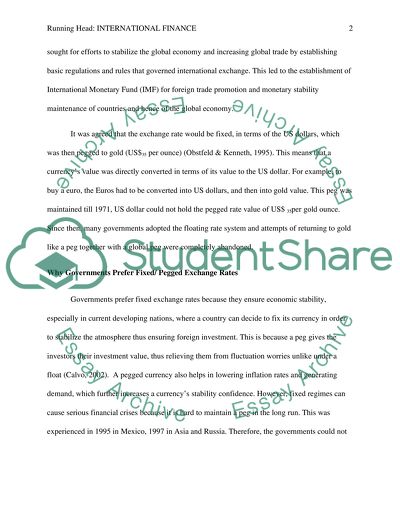Cite this document
(“A Report on Reasons why Governments Prefer Financial Systems featuring Essay”, n.d.)
Retrieved de https://studentshare.org/finance-accounting/1390217-international-financ
Retrieved de https://studentshare.org/finance-accounting/1390217-international-financ
(A Report on Reasons Why Governments Prefer Financial Systems Featuring Essay)
https://studentshare.org/finance-accounting/1390217-international-financ.
https://studentshare.org/finance-accounting/1390217-international-financ.
“A Report on Reasons Why Governments Prefer Financial Systems Featuring Essay”, n.d. https://studentshare.org/finance-accounting/1390217-international-financ.


